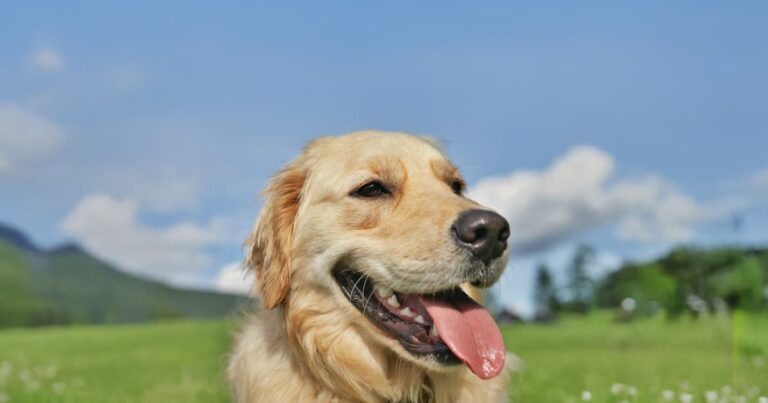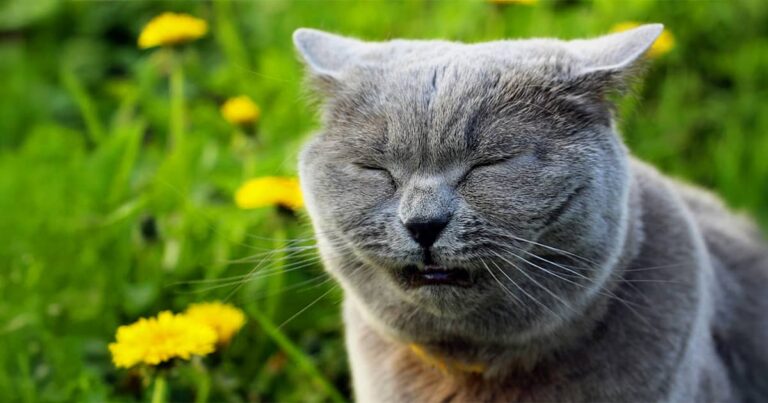If you want to help your overweight kitty lose weight, you don’t have to go it alone. In fact, veterinary nutritionists strongly recommend that you work closely with your veterinarian to help your cat slim down.
WEIGHT LOSS EFFORTS START AT THE VETERINARY CLINIC
Putting your cat on a “diet” or weight loss program needs to be approached carefully, especially if your cat is substantially overweight or obese. Your initial thought may be to cut back the amount of food that you feed. That’s appropriate if your cat is eating more food than the feeding guidelines on the cat food package suggest. But you may also need to consider other changes in how you feed, treat and manage your cat.
Your first step should be to have your veterinarian give your kitty a thorough physical exam, including blood and urine tests to rule out potential medical reasons for the extra weight. Your veterinarian will get an accurate weight, assess your cat’s body condition and determine your kitty’s ideal weight based on his or her body size and build.
Your veterinarian will also provide you with recommendations about what cat food to feed, the amount to be fed and how to feed it (i.e., switching from free-choice feeding to portion-controlled feeding). The specific recommendations will vary, depending on what, how and how much you’re currently feeding your feline friend.
WHY IS VETERINARY SUPERVISION IMPORTANT?
When limiting a cat’s calories, veterinarians follow a very important rule to achieve the desired weight loss. The goal is gradual weight loss. For cats, a safe, realistic rate of weight loss is 0.5 percent to 1 percent of their body weight per week.
If cats lose too much weight too quickly, they can develop a life-threatening form of liver disease called fatty liver disease (aka hepatic lipidosis). Fatty liver disease occurs when the body breaks down too much fat too rapidly and the liver cannot process the fat quickly enough. This causes the fat to be stored in and around the liver, which leads to decreased liver function or even liver failure. Fatty liver disease can be fatal if it isn’t diagnosed and treated aggressively.
Avoiding rapid weight loss that triggers fatty liver disease is the reason for working closely with your veterinarian while your kitty is on a weight loss program.
THE RIGHT WEIGHT MANAGEMENT FOOD CAN HELP
As part of a weight loss program, your veterinarian may recommend switching your cat’s food to a diet that’s specifically formulated for weight loss, such as Diamond CARE Weight Management Formula for Adult Cats. Weight management diets are designed to provide all of the nutrients a cat needs while reducing the amount of calories consumed. Increased levels of protein provided by meat-based ingredients not only provide the essential amino acids that cats need, like taurine, but help cats maintain muscle while they lose fat.
Weight management diets also tend to be formulated with less fat for fewer calories, more fiber to help cats feel full and L-Carnitine to help metabolize fat. Carnitine is also important for heart health and helps the body produce more antioxidants for overall immune support.
The key to switching a cat’s food is to proceed slowly to avoid refusal when your cat is confronted with different food. Unfortunately, not eating is not an option for cats. Cats who don’t eat for 18 to 24 hours can develop fatty liver disease. (There’s that nasty condition again!) If you find that your cat won’t eat a particular weight management food, talk to your veterinarian about other options. Your veterinary healthcare team can also provide tips and tricks to make food transitions less stressful for both you and your cat.
DIETS TAKE TIME TO WORK
Your kitty didn’t gain his or her extra weight overnight, and it will take some time for weight loss to happen. But with diligence, the right weight management program will help your cat drop those extra pounds.
RELATED POST: Five Tips for Starting Your Cat on a Weight Loss Program
RELATED POST: Cat Diets: When the Scale Won’t Budge








